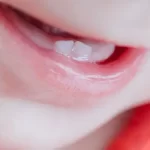
The Importance of Baby Teeth
As a parent, it’s crucial to understand that
Home » Bonding
Our teeth may be strong, but years of poor oral care and dental habits can lead to damage. It is possible to break and chip our teeth more than you think. Dentists recommend not to use our teeth when opening packets, bottles, or any containers.
There are a lot of dental procedures available that can bring back the confidence you once had. One of them is dental bonding. If you have experienced issues such as decayed, chipped or broken teeth, dental bonding might just be the solution you’re looking for.

If you’ve been wondering if it is possible to restore a broken or chipped tooth, you should check out the wonders of dental bonding. In this process, a tooth-colored, resin material is bonded to your tooth to repair any damage or imperfections. The result is a perfect, natural-looking tooth that will restore confidence in your smile.
This procedure is also budget-friendly. You can be sure to get the smile that you desire without putting a hole in your pocket. This procedure is not painful and will not require more than two visits to your dentist’s office.
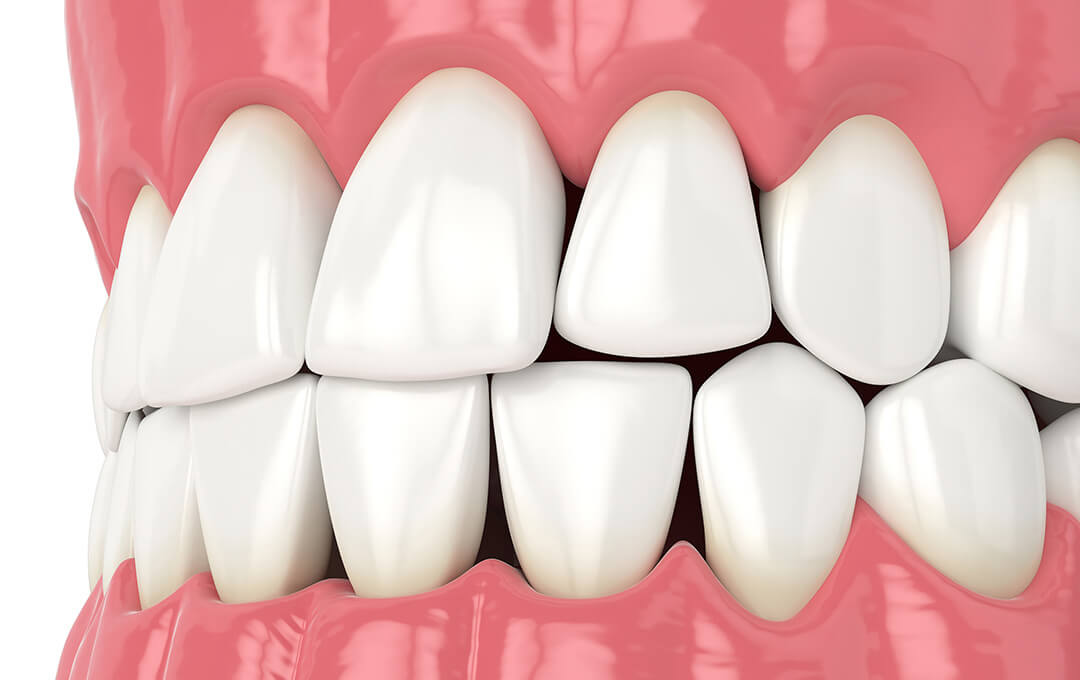
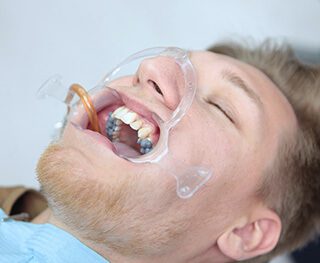
This procedure requires two appointments. During your first visit, your dentist will take a mold of your damaged tooth. Then, in a laboratory, this mold will be used to shape the perfect filling or inlay for your tooth. At your next appointment, the dentist will bond this material to your tooth to repair any damage.
With direct dental bonding, your dentist will use special composite resins that will be combined using an intense curing light. Unlike indirect dental bonding, this all happens during your procedure, so you will only have to go to the dentist’s office once.
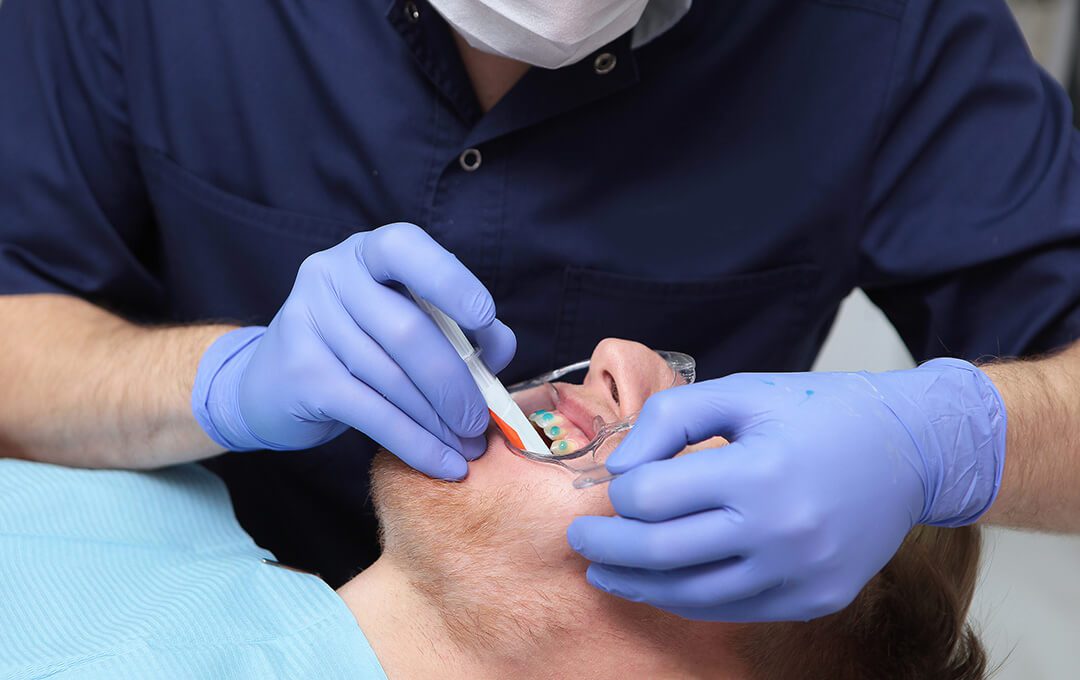

If you are still wary about dental bonding, here are the benefits that you will reap once you get the procedure:
If the damage to your teeth is not severe and the tooth decay isn’t that alarming, dental bonding may be the right procedure for you. However, it is best to consult a dentist to get you on the right course.
Depending on your overall oral hygiene, your dentist may recommend doing other procedures prior to dental bonding. You should never forget to tell your dentist if you want to whiten your teeth before the dental bonding.


If you want your dental procedure to last, there are necessary steps that you should take. Getting your dental bonding done isn’t the last procedure. You should ask your dentist what you should do and what you should avoid. We’ve put together a list for you.
Asking for a professional opinion can be intimidating, and may lead you to not seek professional help. However, the best thing you can do to maintain your overall oral health is to go to the dentist.
Disclaimer: This commercial website is not operated by dentists or by a dentist association and does not include each and every dentist in your geographical area but only those electing to participate.
We can direct you to one of our best dental partners in your area. Your problem will be addressed right away. Gain back your smile and confidence with just one appointment!

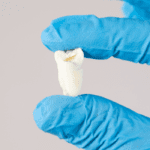

While nutrition and diet are closely related, they
While nutrition and diet are closely related, they